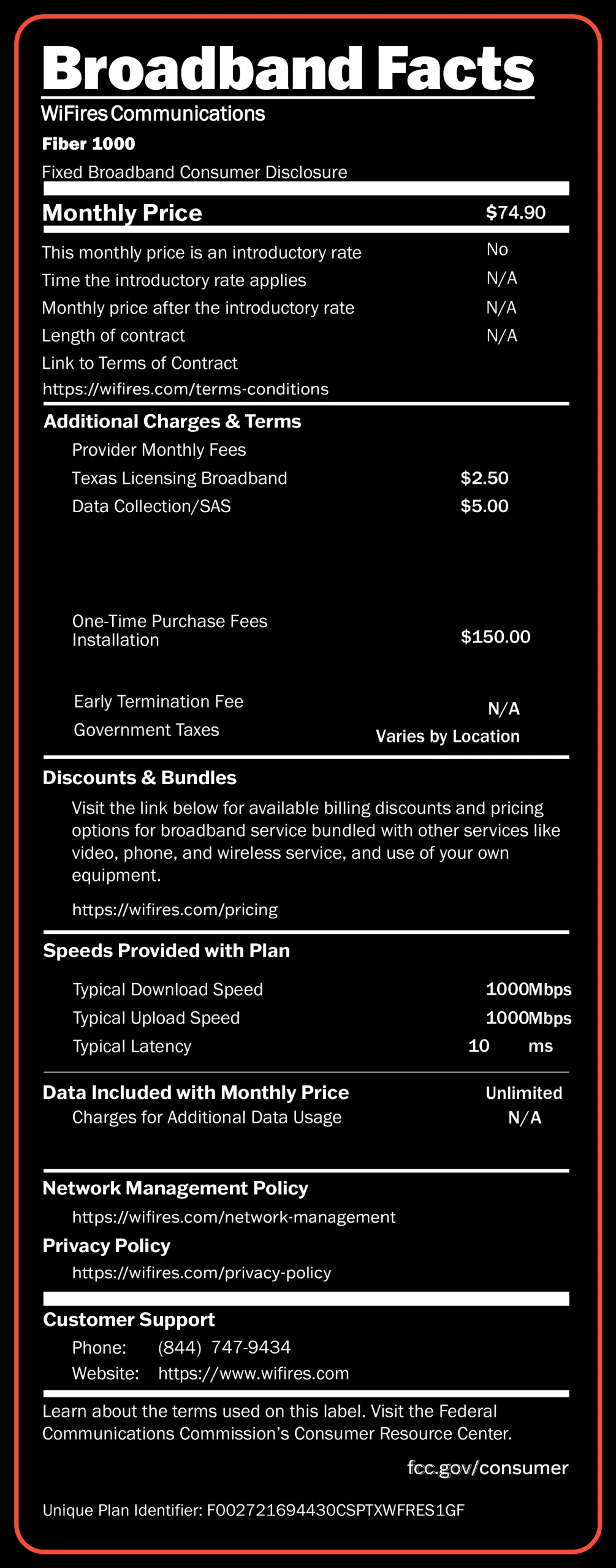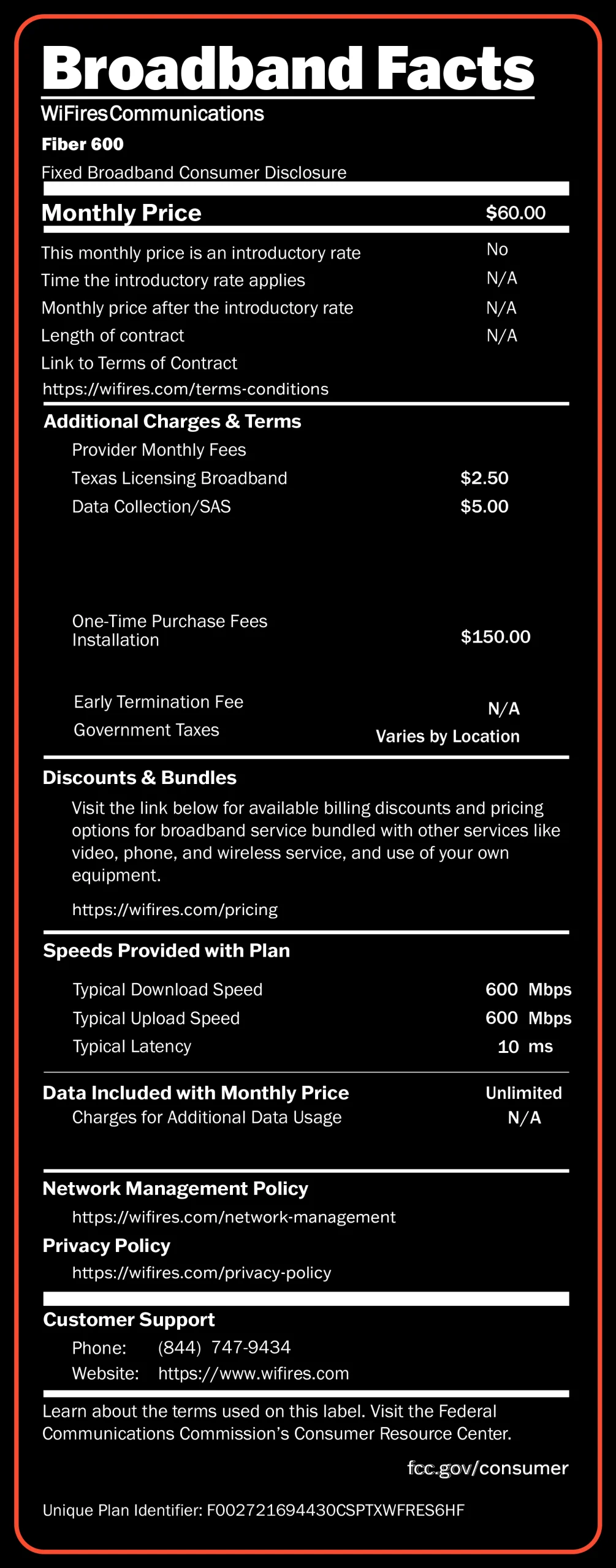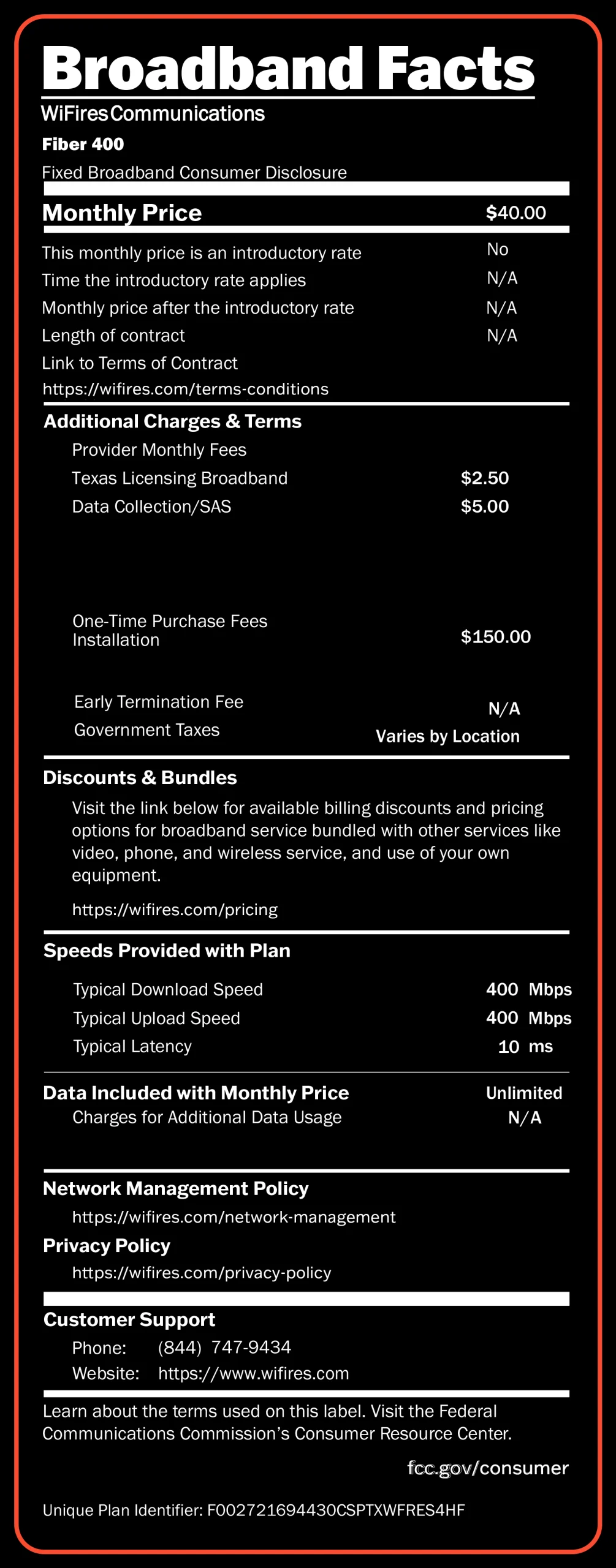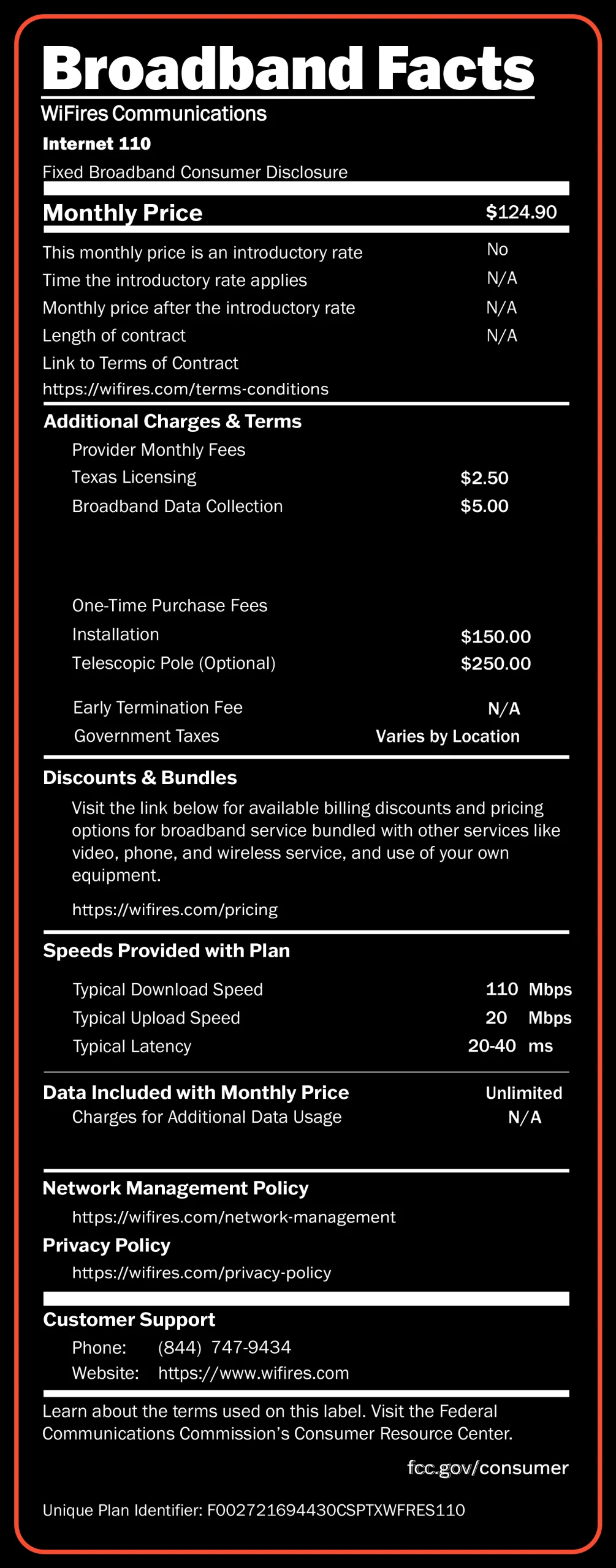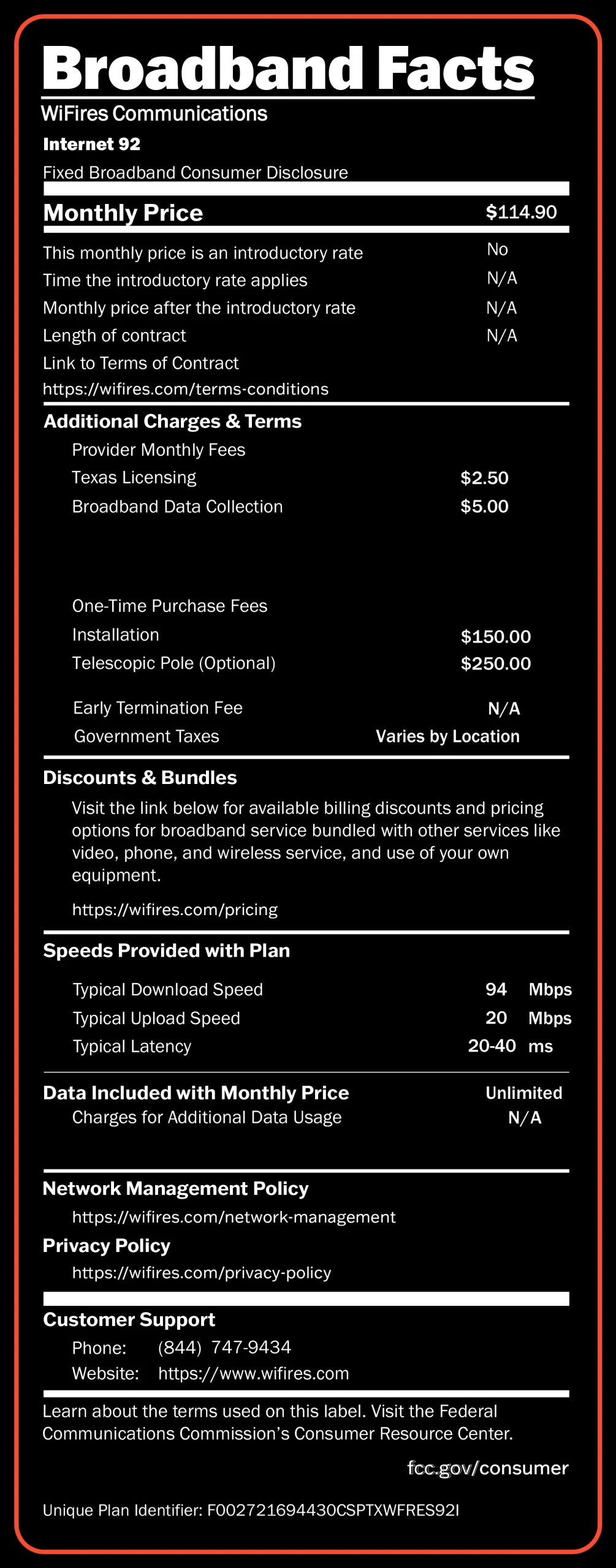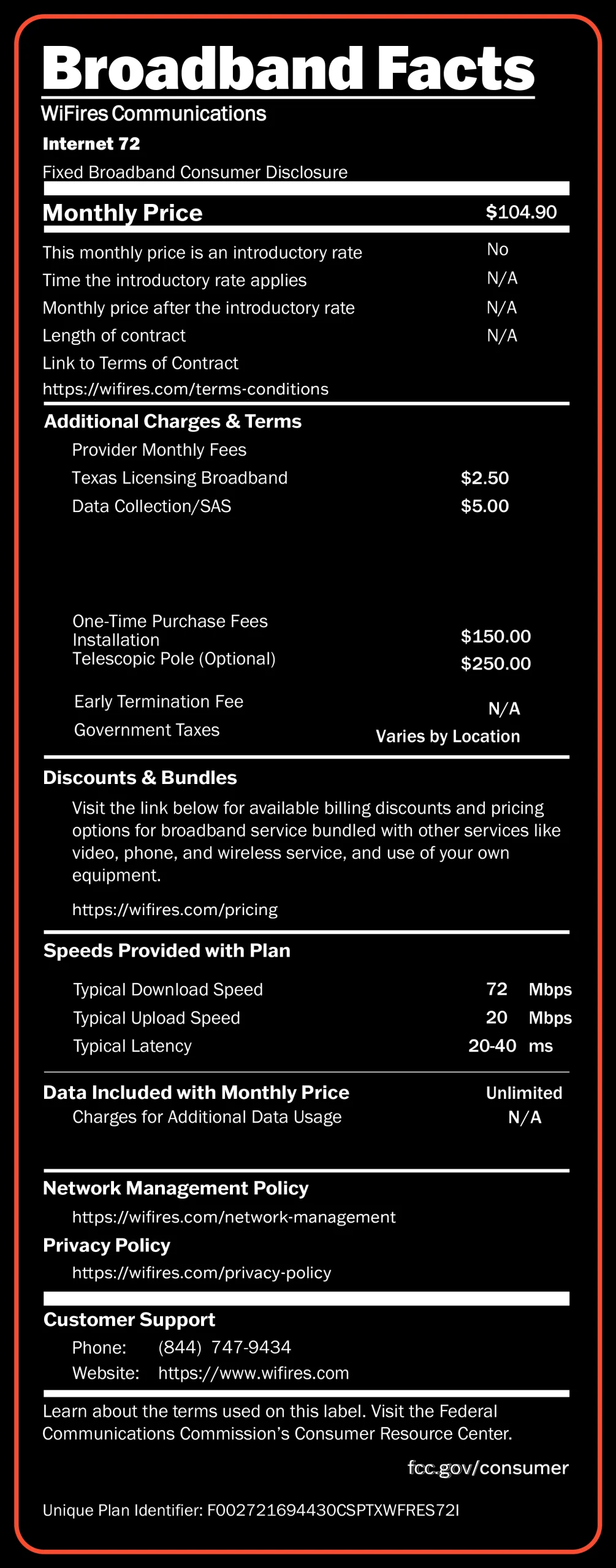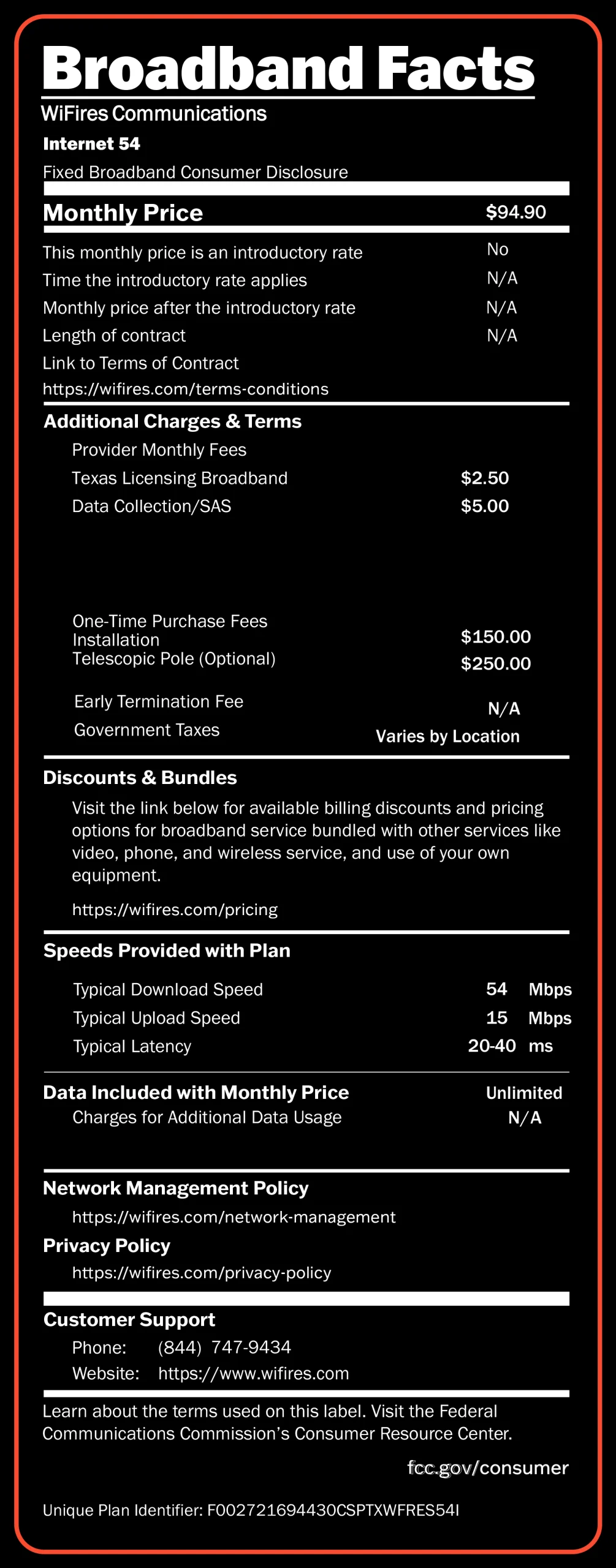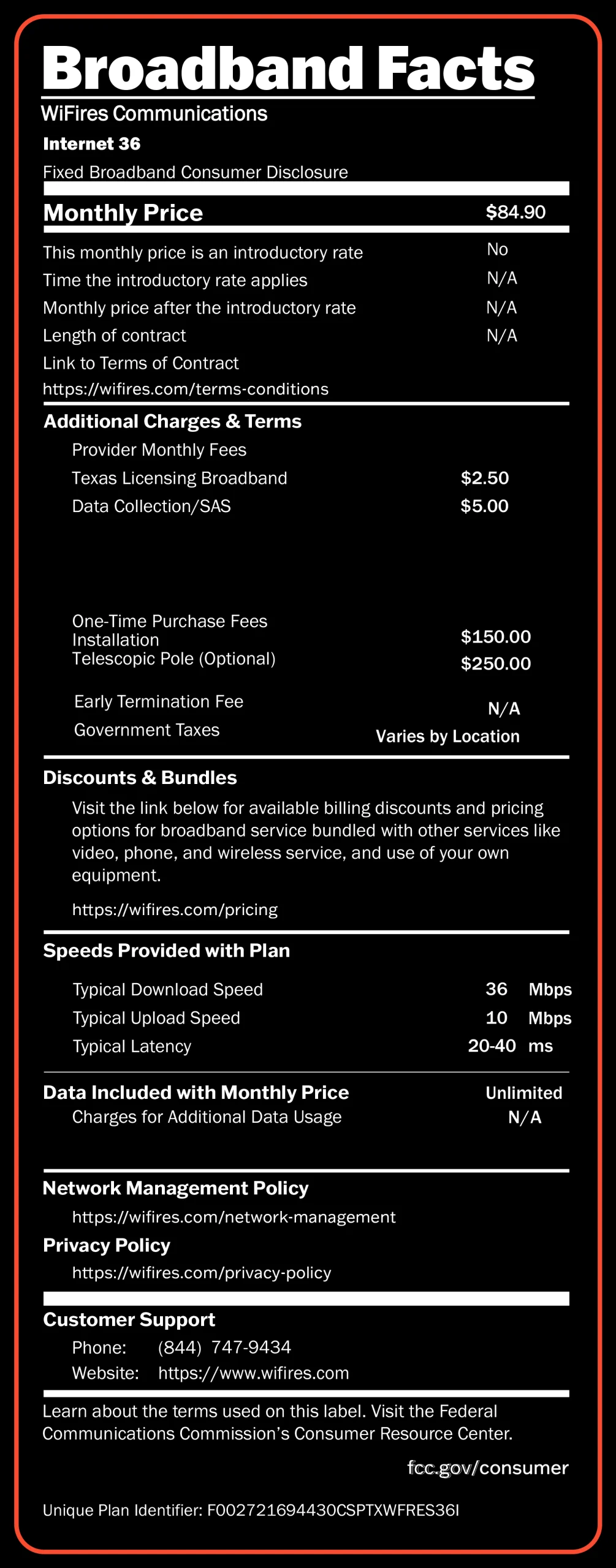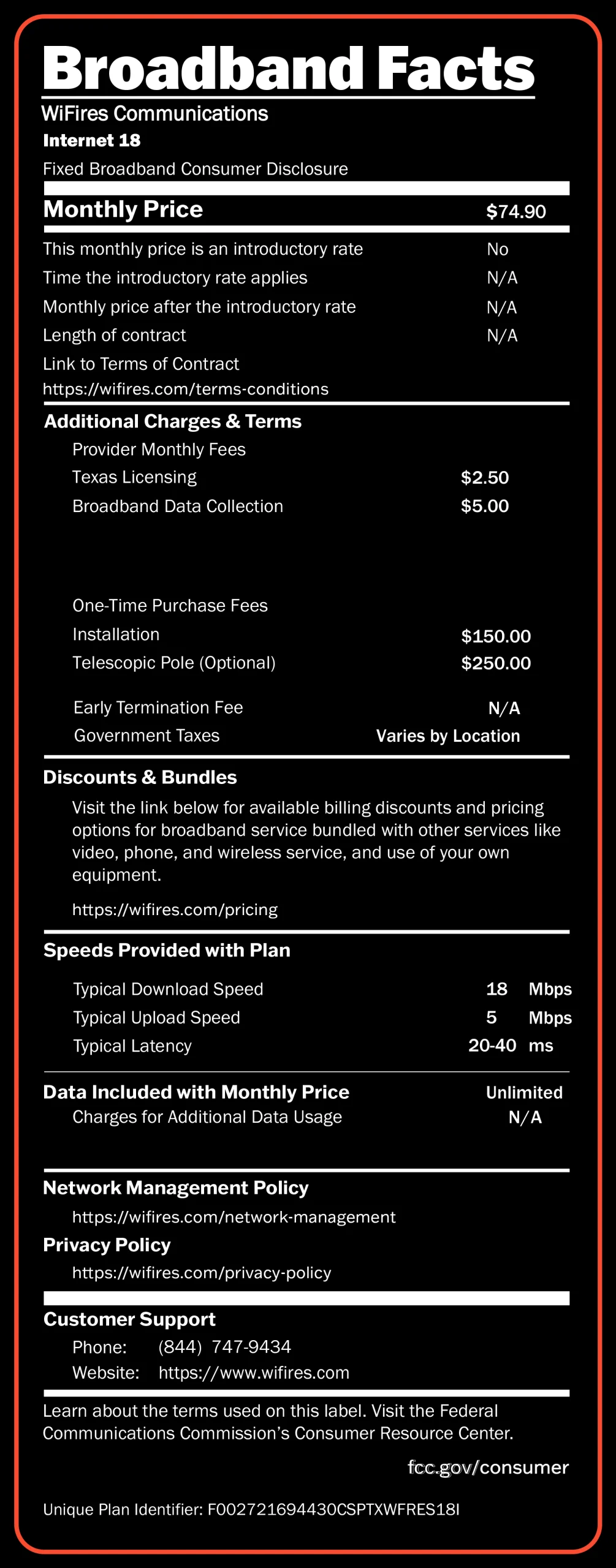VoIP allows voice communication using internet connectivity instead of traditional telephone lines.
VoIP services often offer cost savings, especially for long-distance and international calls, as they rely on existing internet infrastructure.
VoIP providers typically offer a range of features such as call waiting, voicemail, caller ID, conference calling, and more, often included in the service at no additional cost.
VoIP services provide flexibility, allowing users to make and receive calls from anywhere with an internet connection. This is particularly beneficial for businesses with remote or mobile workers.
VoIP can integrate with other business applications, enhancing productivity. For example, it can be integrated with customer relationship management (CRM) software for a seamless experience.
VoIP systems are scalable and can easily adapt to the changing needs of a business. Adding or removing lines is typically straightforward.
Many VoIP services offer high-definition (HD) voice quality, providing clearer and more natural-sounding conversations compared to traditional phone lines.
VoIP can be part of a unified communications system, combining various communication channels such as voice, video, messaging, and collaboration tools into a single platform.
VoIP services often have built-in redundancy measures and backup options to ensure reliable communication even in the event of internet outages.
VoIP services may allow users to port their existing phone numbers, making the transition to VoIP more seamless.
844-747-9434
